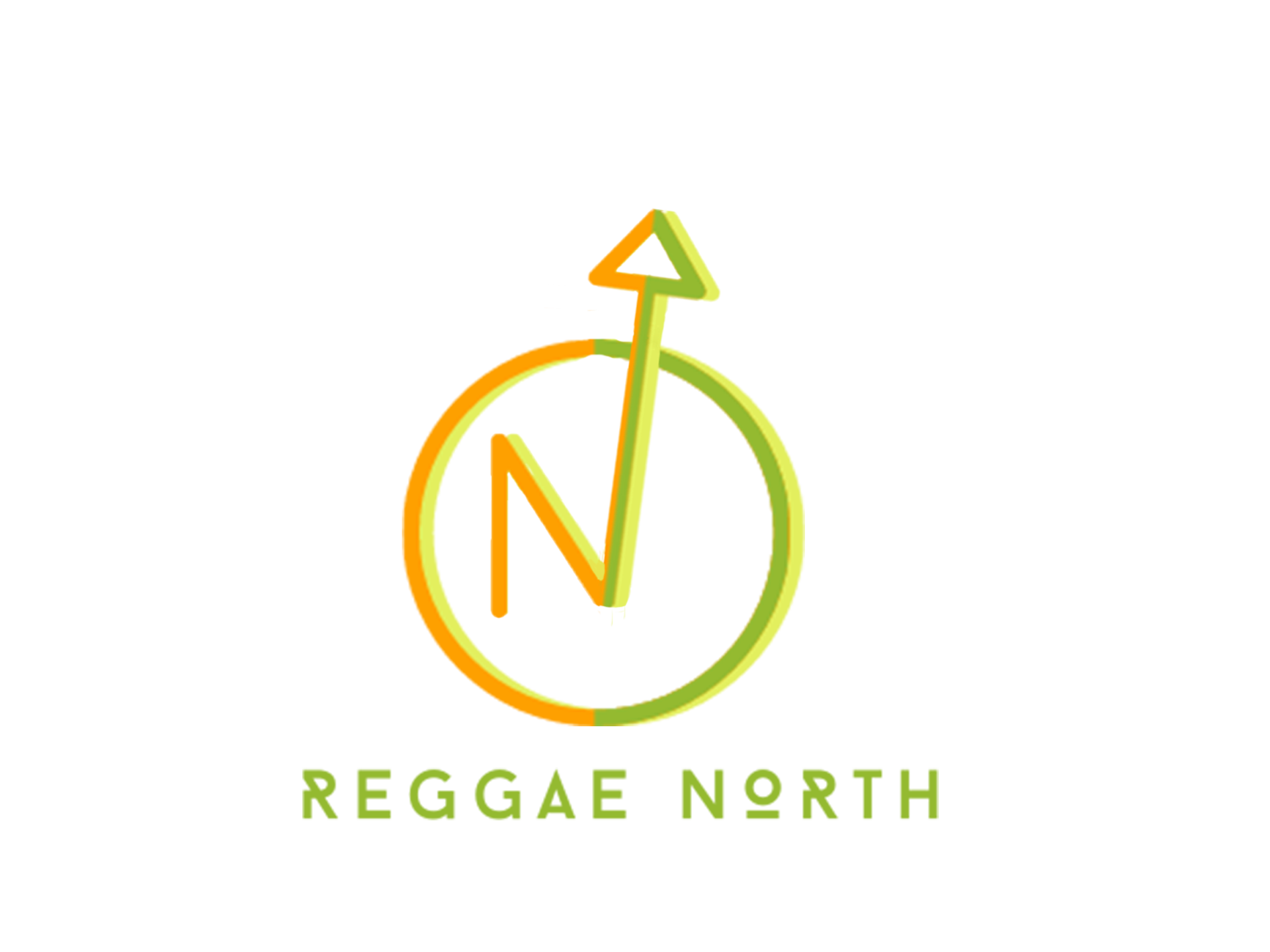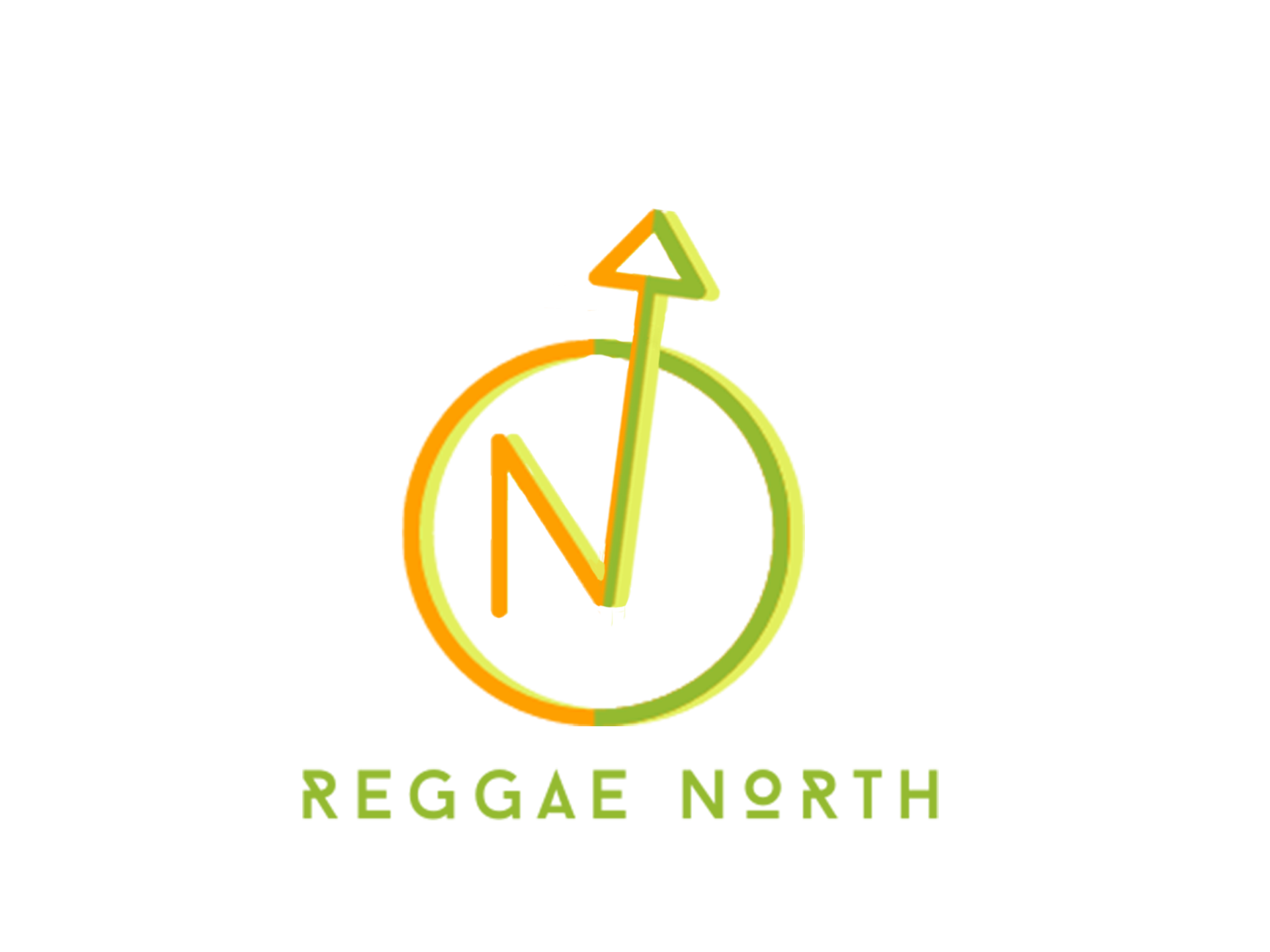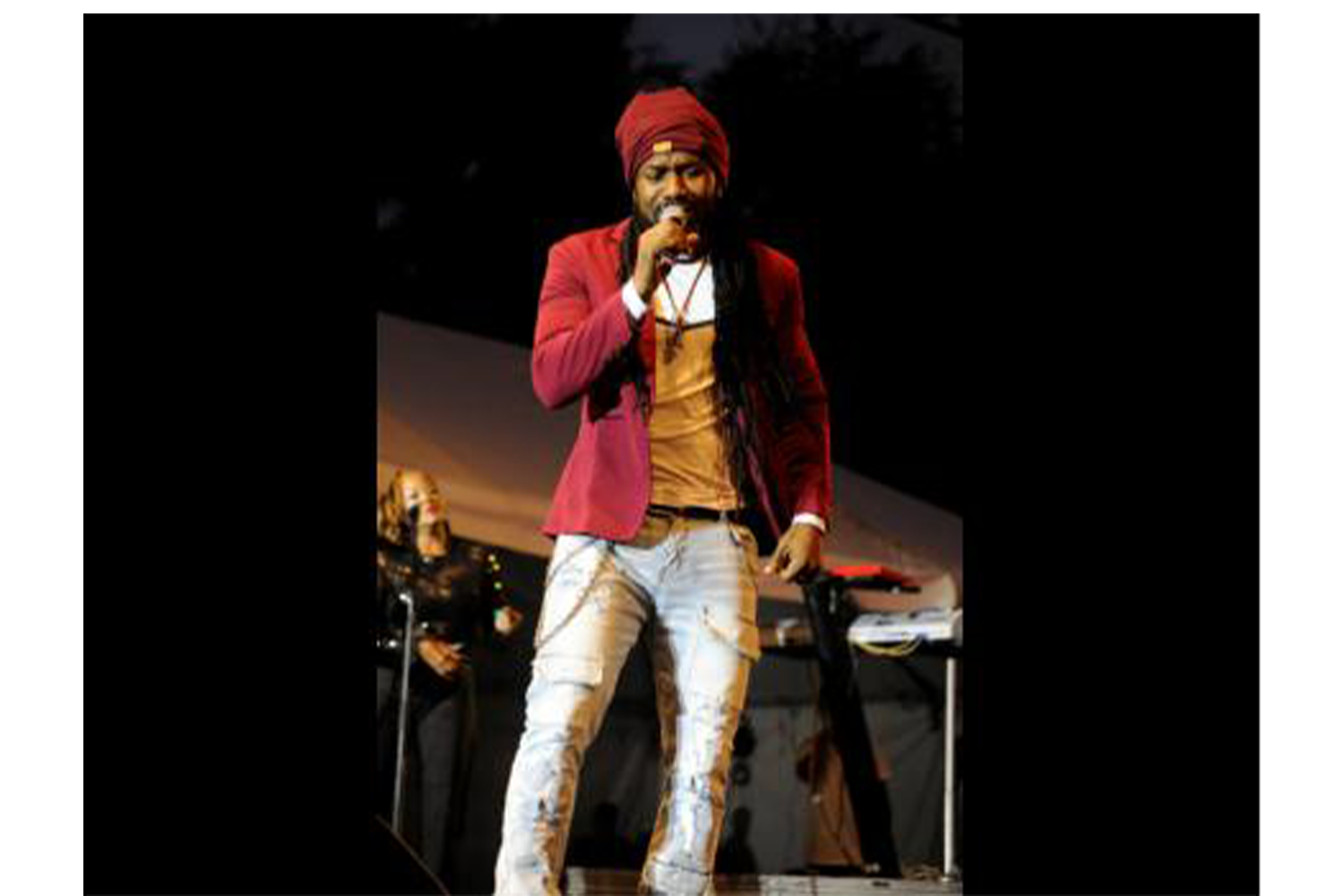Reggae singer Hezron is honoured to not only be part of Tad’s Records new album, Celebrating Jamaica 61, he is also humbled to be collaborating with pioneering toaster Big Youth on the track I Shall be Released, which has been released as one of the singles off the project.
Hezron and Tad’s Records have been enjoying a fruitful musical relationship, with the release last year of the singer’s critically acclaimed third studio album, Man on A Mission (MOAM).
Last year also, Tad’s assembled some of the biggest names for his tribute album to Jamaica’s 61 years of Independence, and the collab with Hezron and Big Youth came to life.
“When Tad’s told me about the project and sent the riddim I liked it immediately, and then somebody suggested that Big Youth would be good for the track and Tad’s agreed … and here we are,” Hezron explained. I Shall Be Released is one of the 21 songs featured on the album, which is available on iTunes, Spotify, Apple Music, Tidal, Deezer, and all other music platforms.
His very first collaboration with the Big Youth, who is described in the Encyclopedia of Popular Music as a “stylistic and artistic innovator of the highest order,” Hezron shared that it was long overdue.
“Big Youth is a legend, and him tell me that is long time him love me music. It was an honour to work with him. He is an elder, but him full of vibes and energy. Big Youth is a character … honour and respect to him every time,” Hezron stated.
Quite the music connoisseur, the singer-songwriter had long had I Shall be Released on his playlist, so he jumped at the opportunity to cover what he thought was “a Heptones song”, only to experience a “you’re never too old to learn” moment.
“Is a song me love from me a youth, but I always think it was the Heptones who did it. But I was researching the lyrics and found out that it was Bob Dylan,” he shared.
I Shall Be Released is a 1967 song written by Bob Dylan and made popular in Jamaica by reggae group the Heptones, who recorded it in 1969 at Studio One and re-released it in 1977 on their Party Time album. It has become one of their classics. There are several interpretations from the literal release from prison to a metaphorical release from the pressure of this existence. Essentially, however, it is a song about hope.
FORCED INTO DEBATE
Hezron emphasised that this kind of hope is what is needed today even as he shared that he was forced to wade into the debate that is somehow enshrined in much angst – the question of what is a woman?
“I am scrolling through TikTok and keep on seeing these things, and it’s like a whole movement trying to downplay the importance of who a woman is … or they are trying to figure it out – what is a woman. I know how much my mother means to me … my female friends … so I decided to have my say, after all, reggae music is message music,” declared a militant-sounding Hezron, who continues his mission to restore Jamaican music to international prominence
The result is a track titled Natural Woman, in which Hezron pays homage to the female of the species who is “ second to none/Mother Earth’s proud perfection … at times tries to be emulated but could never be duplicated”.
“It was one of those songs that I actually toned down the lyrics after taking advice from people … but every time I sing it on stage, women love it. And no, I am nor afraid of being cancelled. Reggae music is message music,” he reiterated.
Born in Moy Hall district in Montego Bay, Hezron Clarke first sang on the church choir and later sought out secular music ranging from Madonna and Michael Jackson to Bob Marley and Peter Tosh, Shabba Ranks, Ninja Man, and Bounty Killer. At 19 years old, he left Jamaica and moved to Miami, where he studied corporate law at Broward Community College and worked nights as a security guard at a Miami Beach hotel. As the story goes, one night he heard a reggae band playing, and it stirred something inside him. “I decided to go on stage one night, and I told the band I could sing. I was off key, but they heard something in my voice they really liked and told me to come back. From then, I started writing songs and focused on a career in music.”
His bio states: “Hezron’s good looks, versatile songwriting skills and expressive baritone (often compared to the late soul legends Sam Cooke, Teddy Pendergrass and Luther Vandross) caught the attention of several major labels including Def Jam, Warner Music and Sony.”
However, none of the deals ever materialised. He signed with Miami-based Chatterbox, a subsidiary of Shang Records, and soon moved to Atlanta, where he began recording for Wall St Productions. His mission was interrupted when he chose to return to Jamaica, but he now says that it was a blessing in disguise.



